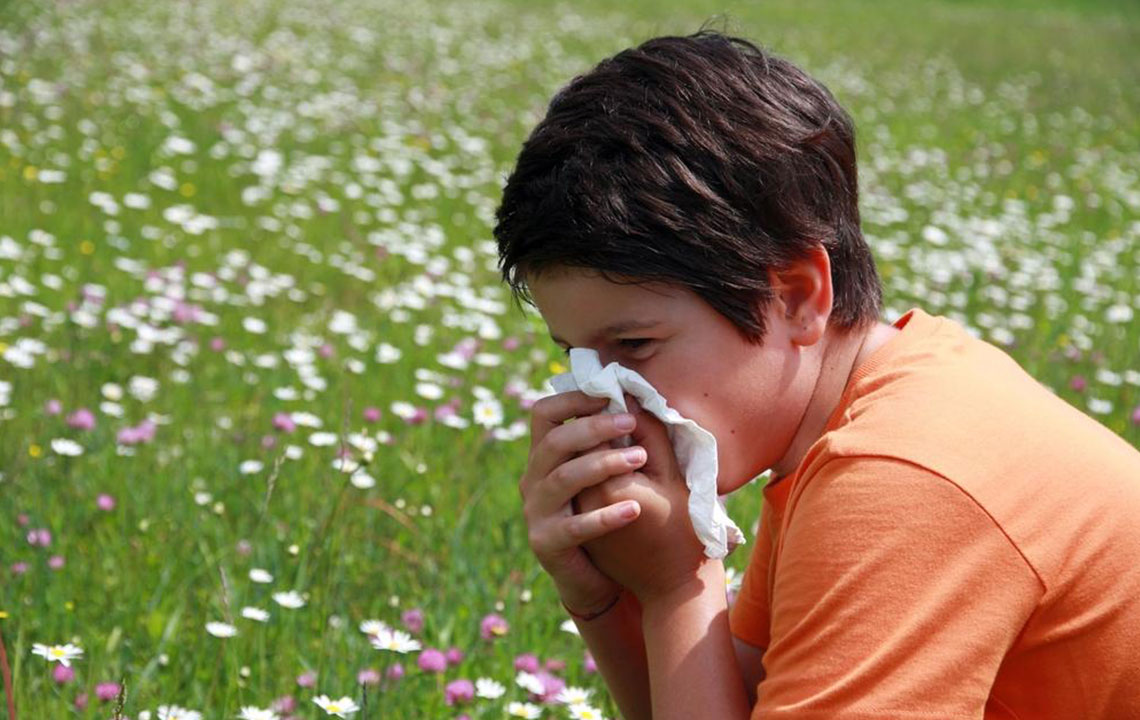Comprehensive Guide to Managing Persistent Post-Nasal Drip Cough
This article offers an in-depth guide on how to effectively manage persistent post-nasal drip cough. Covering causes, symptoms, medication options, and natural remedies, it provides practical strategies for relief. Whether caused by allergies, sinus infections, or environmental irritants, this comprehensive approach helps individuals reduce mucus buildup, soothe throat irritation, and restore respiratory comfort. The article emphasizes early diagnosis, medication use, lifestyle modifications, and home treatments to mitigate symptoms and improve quality of life for sufferers of this common condition.

Comprehensive Strategies for Managing Persistent Post-Nasal Drip Cough
Dealing with a persistent cough caused by post-nasal drip can be quite challenging and disruptive to daily life. This condition occurs when excess mucus produced by the nasal passages drains down the back of the throat, irritating your airway and triggering a cough that often worsens at night or during periods of allergy flare-ups. Understanding the underlying causes, recognizing the symptoms early, and adopting effective management strategies are crucial steps towards relief and improved quality of life.
Post-nasal drip cough is commonly linked to various benign conditions such as allergies, sinus infections, colds, or environmental irritants like dust, pollen, and smoke. The mucus produced in these conditions is meant to trap dust particles and microbes, aiding in their removal from the nasal passages. However, when mucus becomes thick or excessive, it can be difficult for the body to clear, leading to irritation and persistent cough. This excess mucus can also foster bacterial growth, potentially resulting in secondary infections such as sinusitis or even the formation of tonsil stones, which cause bad breath and further discomfort.
Understanding the origins of post-nasal drip is essential for effective management. Colder seasons, allergy seasons, or exposure to environmental pollutants can significantly exacerbate mucus production. Sinus infections, whether viral or bacterial, often result in thick, persistent mucus that may require antibiotics or even minor surgical intervention if chronic. Allergic reactions are a prime cause, particularly in individuals with allergic rhinitis, which responds well to antihistamines and nasal steroids.
Noticing symptoms such as constant nasal congestion, throat irritation, bad breath, and a persistent cough should prompt you to seek medical advice. Early intervention can prevent complications and help alleviate discomfort. Healthcare professionals often recommend a combination of medications and home remedies tailored to individual symptoms.
Over-the-counter options like nasal corticosteroids such as Flonase (fluticasone) or Nasacort (triamcinolone) offer rapid relief by reducing inflammation within the nasal passages. Oral antihistamines such as Loratadine (Claritin), Fexofenadine (Allegra), or cetirizine are effective in controlling allergic responses without causing excessive drowsiness. Nasal sprays containing antihistamines like Azelastine or anticholinergics such as Ipratropium help decrease nasal congestion and mucus secretion. When combined with a decongestant like pseudoephedrine (Sudafed), these medications can provide more comprehensive relief, though caution is advised due to potential effects on blood pressure.
Home remedies also play a vital role in managing post-nasal drip. Saline nasal rinses or sprays help flush out excess mucus and allergens, promoting nasal clearance. Warm saltwater gargles can soothe a sore throat caused by continuous mucus drainage. Using humidifiers in your living space can prevent nasal dryness and maintain mucus viscosity, aiding natural drainage. Herbal teas infused with ginger, honey, or peppermint can help soothe irritated throats and reduce coughing.
For prolonged or severe symptoms, a healthcare professional may recommend further investigations or prescribe medications tailored to the specific cause. In some cases, minor surgical procedures like sinus drainage or correction of nasal polyps might be necessary if structural obstructions contribute to ongoing issues. Lifestyle adjustments, including allergen avoidance, quitting smoking, and maintaining good hydration, significantly improve the effectiveness of treatment plans.
By implementing these comprehensive strategies—ranging from medication to natural home remedies—you can effectively manage post-nasal drip and its associated cough. These steps not only alleviate immediate symptoms but contribute to long-term respiratory health, allowing you to enjoy days free of discomfort and sleep peacefully at night.





